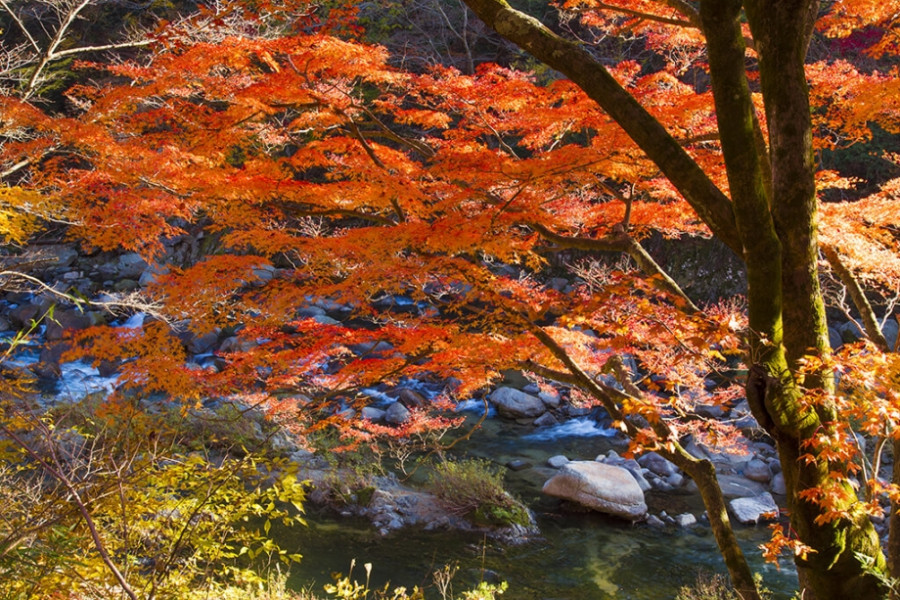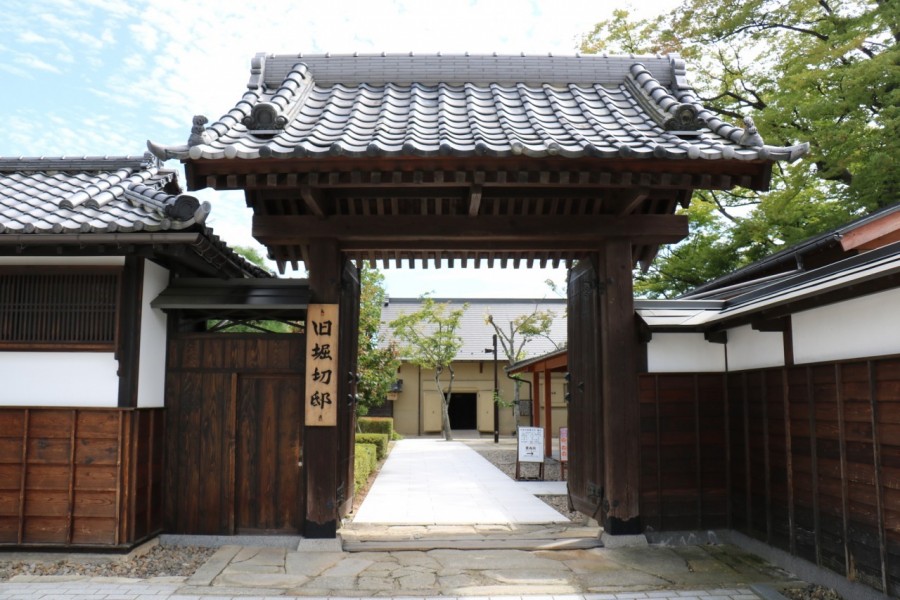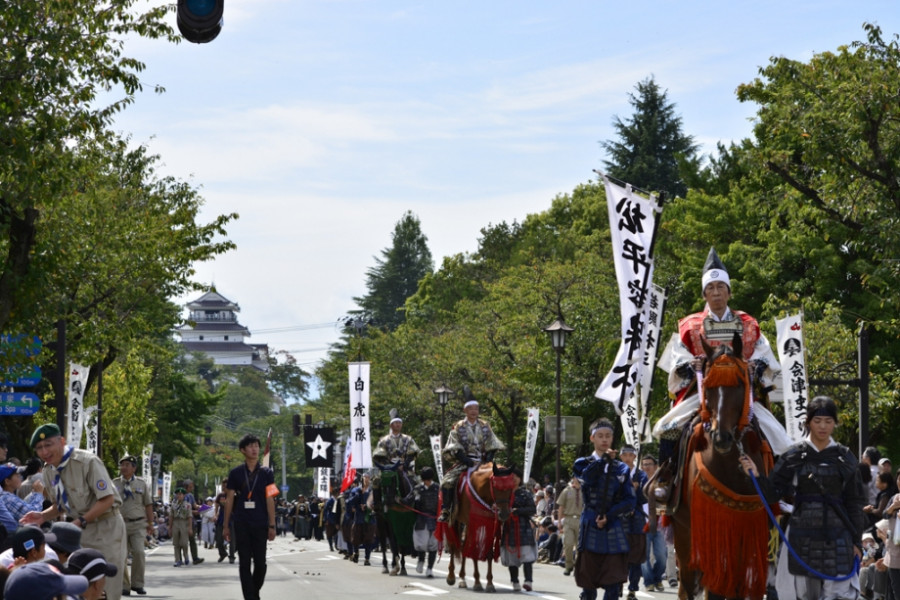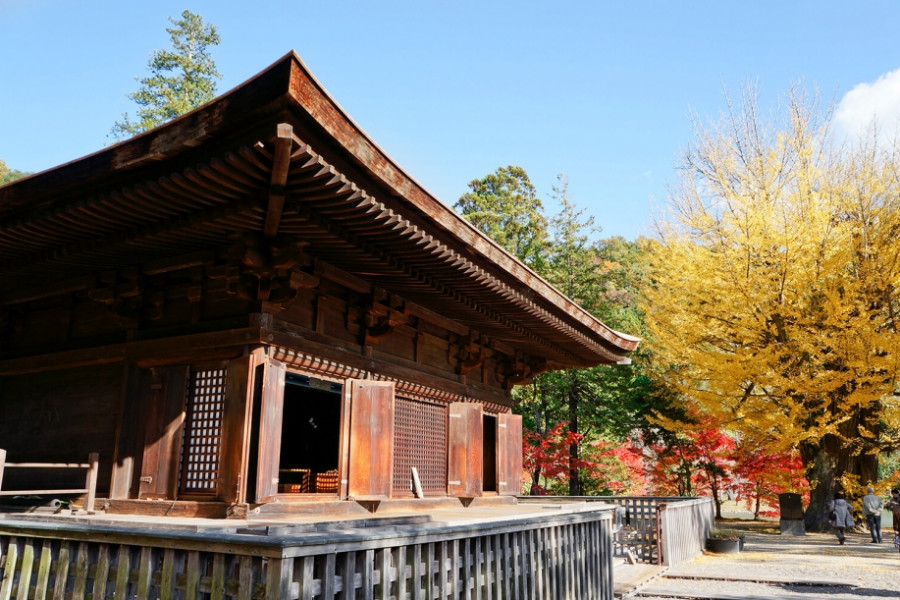Events
Aizu Festival
The Aizu Festival is one of the largest fall events in the Aizu Area. The main feature of the festival is the Aizu Hanko Gyoretsu, a procession of Aizu Domain Lords.Headed by flag-bearers holding the flags of the successive feudal lords of the Aizu Domain, the procession is attended by participants representing well-known feudal lords such as Lord Uesugi, Lord Hoshina, and Lord Matsudaira, and by groups of festival participants wearing garments and carrying tools associated with each of these lords.Each year, some 500 people parade through downtown Aizu-Wakamatsu in an event that magnificently recreates the world of samurai. Before the procession starts off, there is a kick-off ceremony at Tsurugajo Castle.Visitors can enjoy watching the sword dancing of the Byakkotai worriors and sword fight performances given by professional actors, with the castle keep of Tsurugajo in the background.




